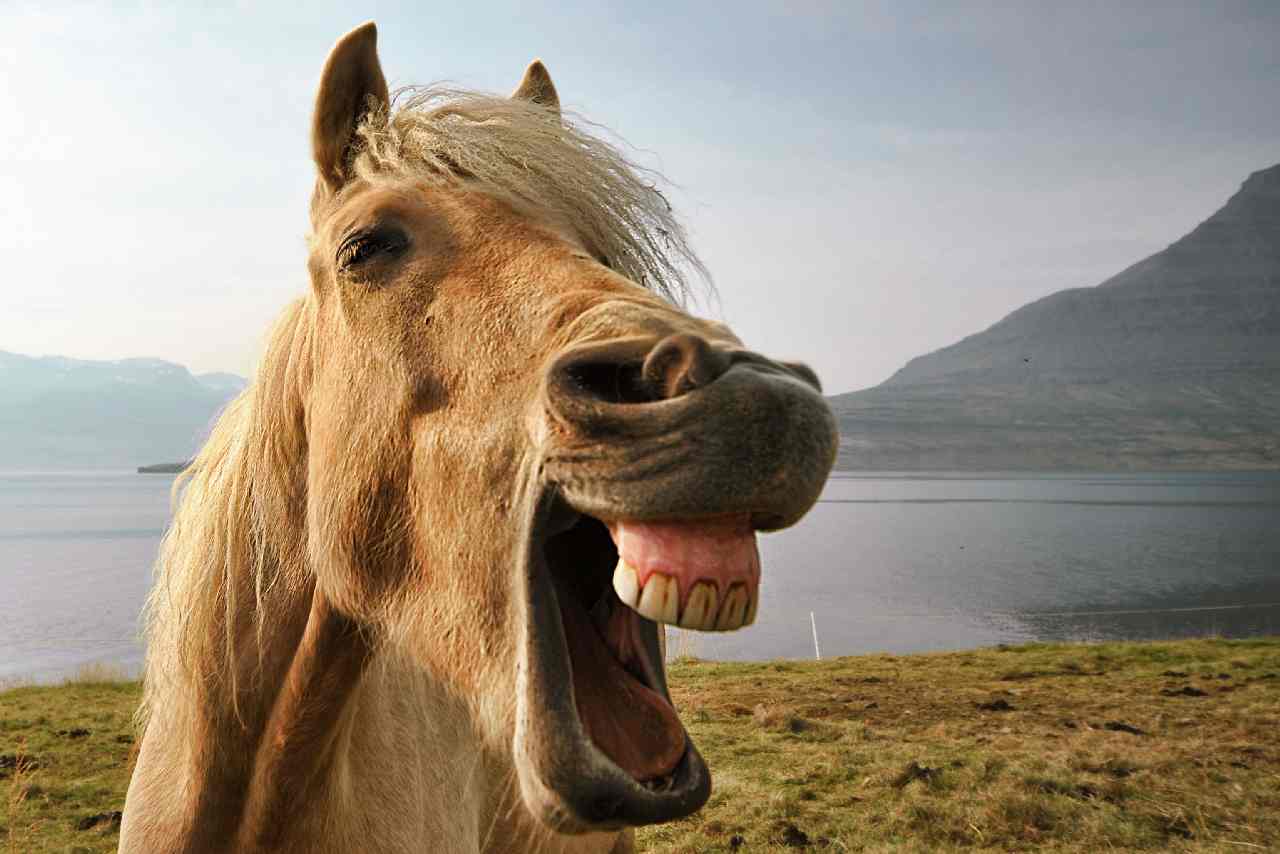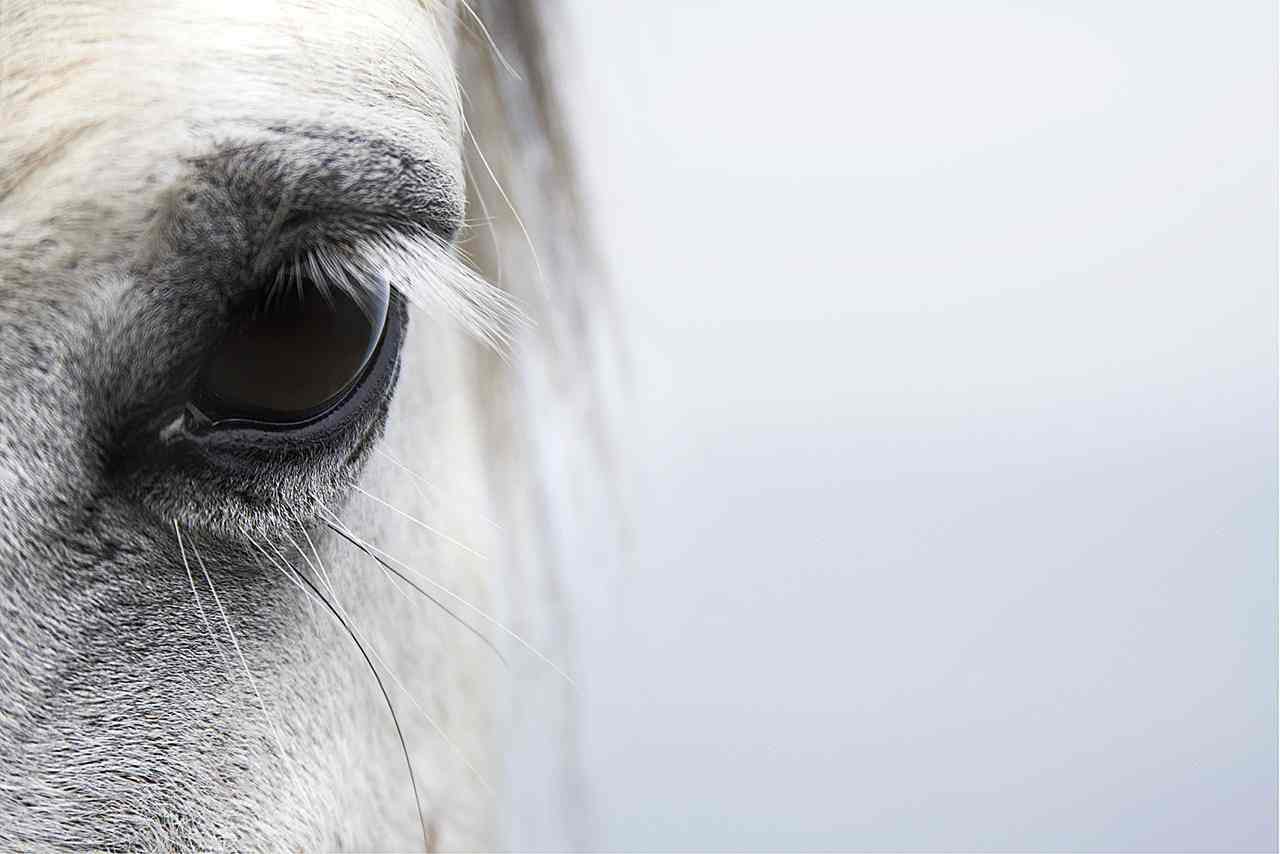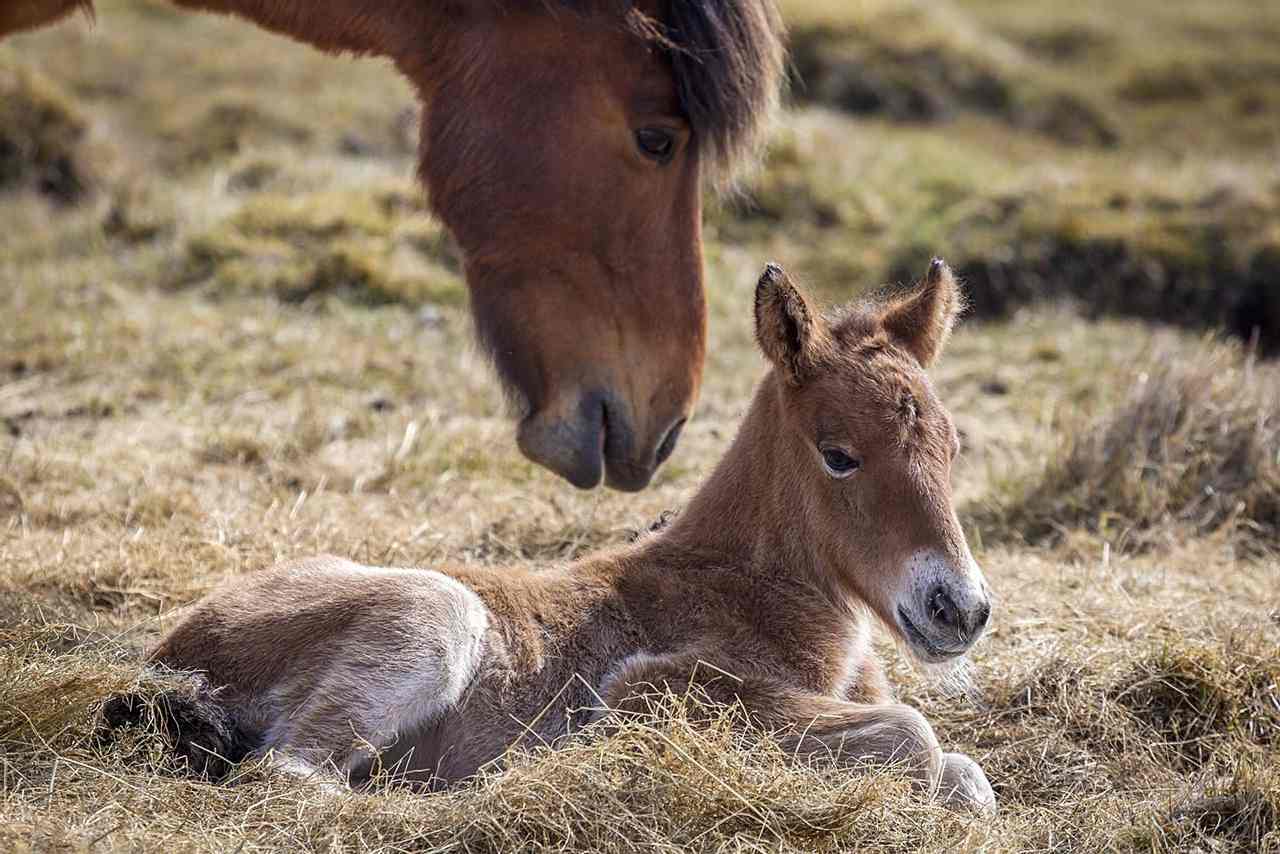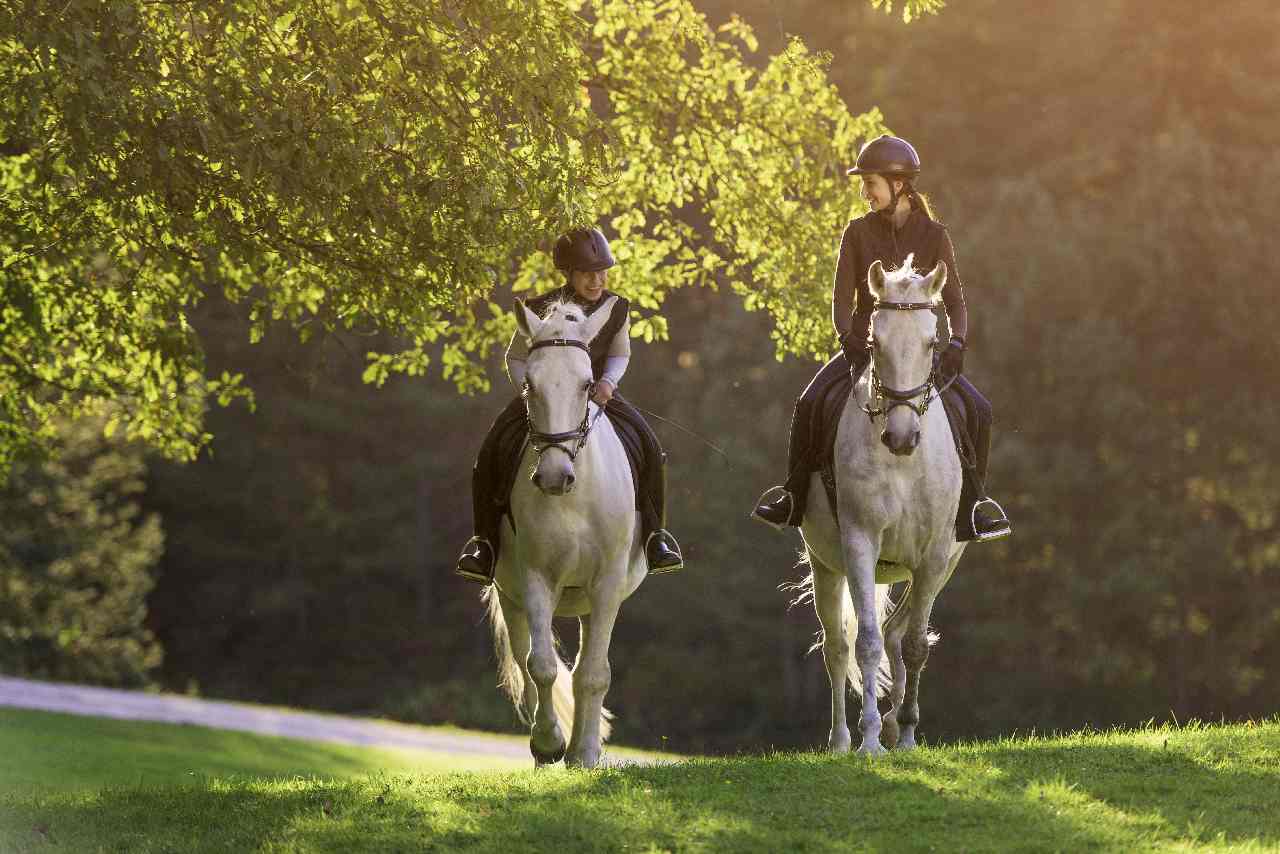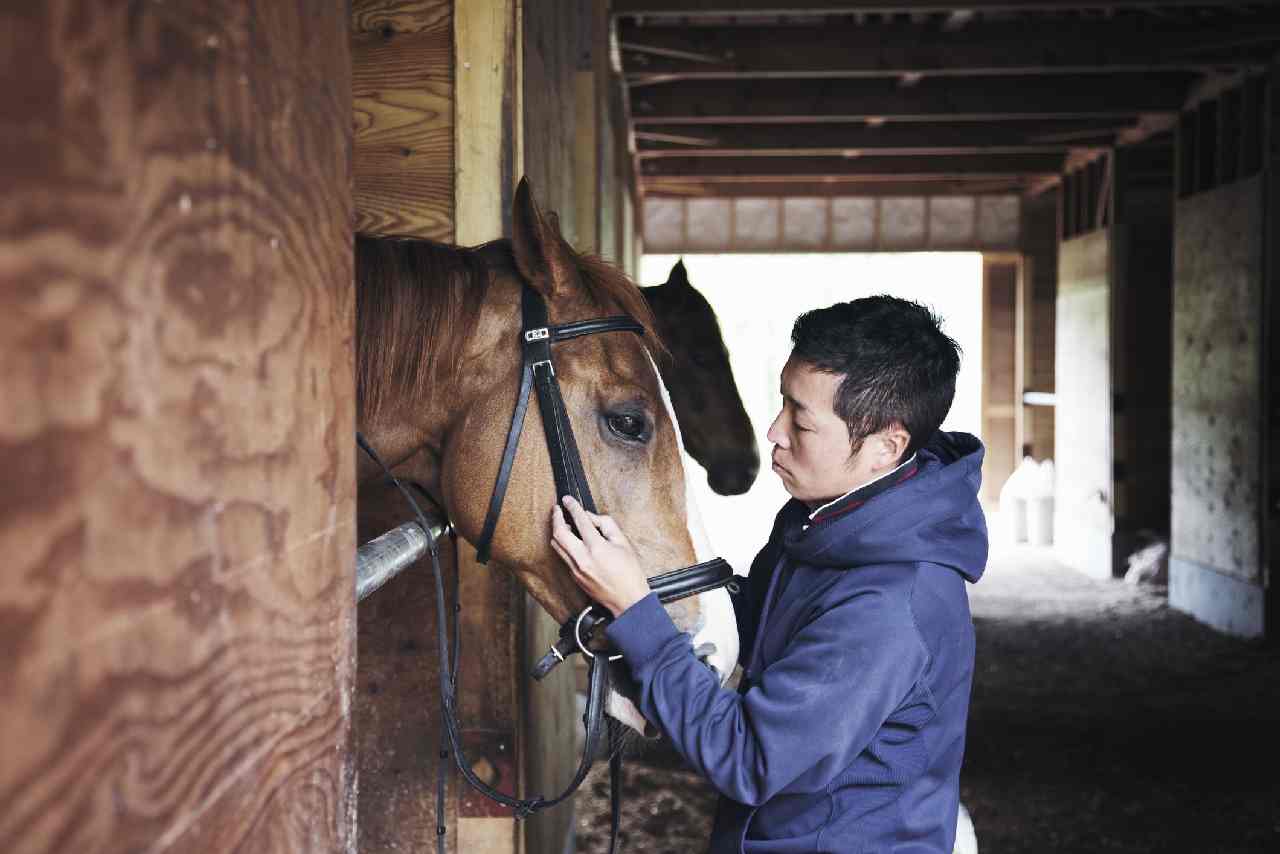A variety of points can make steeds stressed out, like being alone, packing and riding in a trailer, vet treatment, farrier job, planning for and mosting likely to programs, modifications in weather condition, modifications in individuals looking after them, modifications in regular such as a brand-new delay or varying feeding routine, delay remainder as a result of injury or disease, and a stressed out trainer or motorcyclist. Steeds share emotional anxiety in a variety of means.
-
01.
of 15.Weight Management
Steeds that are persistantly emotionally worried can begin to reduce weight. As there can be several factors for this, such as warmth anxiety, bloodsuckers, inadequate feed, and health issue, it’s required to consider all elements of the equine’s like figure out the reason for the weight reduction.
-
02.
of 15.Stall Strolling and Various Other Vices
Stall strolling is when a steed walks a delay or strolls to and fro along one wall surface over and over again. Weaving, cribbing, timber eating, wall surface kicking, and fencing strolling are all indicators of anxiety.
-
03.
of 15.Yawning
A lot of us yawn when we are tired. It’s the means our bodies breathe in a little additional oxygen to sustain our drowsy mind. Steeds, nonetheless, do not yawn for the exact same factor, neither is it an appeasement motion, as in pets.
Yawning (and most steeds will certainly do it numerous times in a row) can be an indicator that the equine could be really feeling stressed out, and by yawning, it is launching this anxiety.
-
04.
of 15.Tooth Grinding
Some steeds grind their teeth while stabled, some while ridden. Tooth grinding can be an indicator of physical or physical anxiety. If the equine has nothing else oral concerns, it is necessary to look for points like equine stomach abscess disorder (EGUS) and various other resources of persistent discomfort or difficult scenarios.
Remain to 5 of 15 listed below.
-
05.
of 15.Poor Habits
Lots of instances of inadequate habits while being ridden, can be brought on by physical or physical anxiety. Stress and anxiety can be shared with pawing, drawing, tail wringing, throwing, rearing, bolting, or being chilly backed (delicate in the back).
-
06.
of 15.EGUS
Lots of efficiency steeds experience equine stomach abscess disorder. This can be in action to a demanding program routine or various other stress factors.
-
07.
of 15.Manure and Peeing
An equine that is worried can generate large quantities of manure within a brief time. Some might generate really drippy manure. Steeds will certainly commonly pee if stressed out, and if they can not alleviate themselves since they can not loosen up, such as in a trailer or when being ridden, they can come to be antsier.
-
08.
of 15.Licking and Eating
All-natural horsemanship principles recommend that licking and eating is an indicator that a steed is approving brand-new info, such as throughout training. As long as this habits is not unusually recurring or uncontrollable, this activity might be a lot more like yawning in its feature, as a means to launch any kind of anxiety the equine might be really feeling.
Remain to 9 of 15 listed below.
-
09.
of 15.Colic
Colic signs and symptoms might be brought on by anxiety. A brand-new herd friend or modifications in regular, weather condition, or trainer can be sufficient to make some steeds slightly colicky. Persistent anxiety can bring about EGUS, which can create colic signs and symptoms.
-
10.
of 15.Shivering
Any kind of variety of difficult scenarios can create a steed to shiver. Simply the look of the vet, farrier, or the arrival of a trailer in the backyard can create some steeds to begin drinking. Typically, as quickly as the reason for the anxiety goes away, the shivering quits.
-
11.
of 15.High Pulse and Respiration
When a steed ends up being stressed out, their pulse and respiration prices can raise, in some cases substantially. Hence, it is necessary to recognize your equine’s standard worths for temperature level, pulse and respiration (TPRs).
-
12.
of 15.Sweating
As a steed’s pulse and respiration might raise when stressed out, it might additionally begin to sweat (and shiver). Job anxiety has a tendency to turn up in between the equine’s legs and under the saddle location and can at some point cover the equine’s entire body. It depends upon exactly how tough and lengthy the equine functions. A stressed out equine might sweat in spots, nonetheless. Patches of sweat can additionally show the area of old injuries.
Remain to 13 of 15 listed below.
-
13.
of 15.Bolting Food
A stressed equine commonly screws its food. Bolting can bring about choking, or various other digestive system disruptions. This can take place in a delay or trailer.
-
14.
of 15.Eating or Attacking
Some steeds share anxiety by attacking points, individuals, or various other steeds.
-
15.
of 15.Just How to Minimize Tension
Much anxiety can be soothed by supplying constant routines in natural surroundings, as high as feasible. This suggests constant yield, with sufficient accessibility to food, water, and friendship. “Program anxiety” is harder to correct, however yield and workout in between programs can be practical.
Offer steeds time to season to brand-new scenarios, such as brand-new herd friends or delay areas. Do your finest to offer steeds in trailers a smooth experience. It’s nearly difficult to stop all anxiety, however excellent standard treatment must care for a lot of.
If you presume your pet dog is ill, call your veterinarian quickly. For health-related concerns, constantly consult your vet, as they have actually analyzed your pet dog, recognize the pet dog’s health and wellness background, and can make the most effective suggestions for your pet dog.


